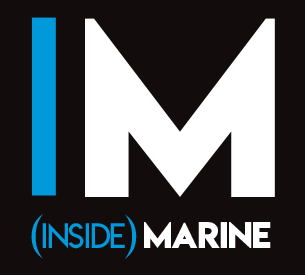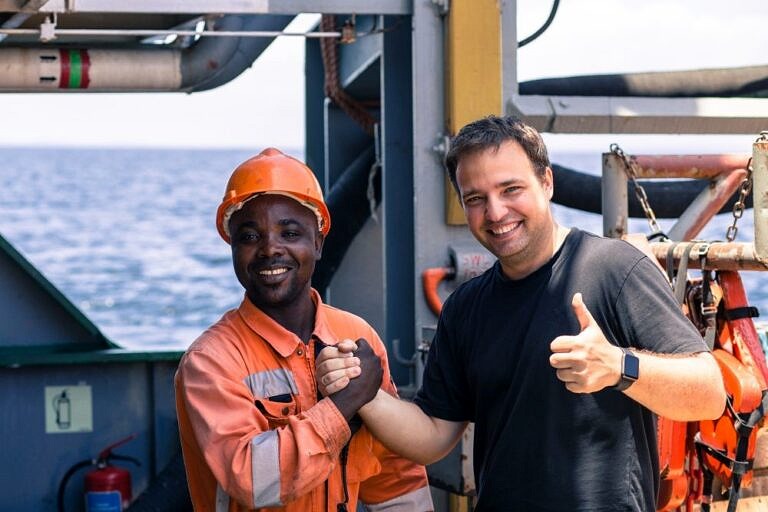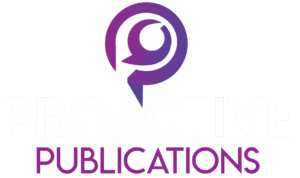WiseStella, the Singapore-based maritime learning provider, has unveiled a pioneering crew wellbeing assessment tool that aims to change the way in which shipping companies address the increasing mental and physical health issues faced by seafarers.
Amidst growing concern about workplace harassment, bullying, stress and fatigue, the Wise Well-Being module has been developed in collaboration with HR experts and psychologists to identify and address a number of important issues, ultimately enhancing seafarer safety, contentment and retention.
“Seafarers often operate in isolated environments with limited access to mental health support,” said WiseStella’s Chief Executive Officer Ferhat Abul. “Many seafarers are reluctant to speak out about their struggles, particularly in cases of bullying and harassment. They need a voice under a cloak of anonymity that helps them, and their employers, take appropriate action. It’s about creating a proactive approach to seafarer wellbeing.”
The new Wise Well-Being module is unlike existing seafarer happiness or wellbeing indices in that it has been designed for direct use by shipping companies, rather than third parties, delivering more precise data that reflects their specific workplace conditions.
Through an interactive digital survey, with questions based on input from leading psychologists and health specialists, Wise Well-Being measures the physical, mental, social and intellectual health of a company’s workforce.
“Responses enable HR teams to better identify problem areas and implement more targeted training and resources to foster a safer and more supportive, inclusive working environment,” said Abul. “It provides shipping companies with an easy-to-use and anonymous platform to better understand the physical and mental wellbeing of their crews.”
WiseStella Board Advisor Dr Rafet Emek Kurt, a renowned expert in maritime safety and risk, specialising in the role of human factors in shipping, added: “Bullying and harassment at sea are more common than many realise, but the hierarchical nature of the maritime sector makes it difficult for victims to report misconduct.”
Dr Kurt referred to a case where a qualified and competent female crew member was refused permission to board her ship simply because of her gender.
Another incident involved a European officer called Emily who was sexually assaulted in her cabin. Emily’s case was reported in a presentation given at the recent International Maritime Human Factors Symposium by Deborah Layde, Chief Executive of The Seafarers’ Charity.
A 2022 WISTA Survey found that 60% of female respondents experienced gender-based discrimination onboard ship, two thirds said that they had experienced harassment and intimidation from male co-workers, and one-in-four reported that physical and sexual harassment was common, involving intrusions on their privacy.
“There are many cases where seafarers, male and female, experience verbal, psychological, sexual and physical abuse,” said Kurt. “This leads directly to poor mental health, potential lawsuits and reputational damage, and significantly increases the risk of accidents at sea.
“We need a safer, more inclusive industry, and must address these problems head-on by integrating anonymous well-being assessments and anonymous reporting procedures into the overall safety management system. Shipowners have a duty of care to improve the wellbeing of their seafarers.”
Yaren Cemre Gulcek, Clinical Psychologist at Parla Consultancy, emphasised the importance of addressing psychological distress at sea: “Through my work with seafarers, I have witnessed firsthand how prolonged stress, isolation and workplace harassment take a toll on mental health and overall performance. Psychological distress at sea doesn’t just affect individuals, it weakens team dynamics, increases the likelihood of human error, and compromises safety.
“The Wise Well-Being module is a crucial step toward addressing these challenges, empowering shipping companies with the tools they need to create a culture of trust and psychological safety.”
Tineke Zoet, a Certified Transformational Coach specialising in maritime workplaces, furthered that effective leadership is paramount if the industry is to foster a safer, productive working environment.
“In my experience as a seafarer and now working closely with ship crews, I have seen how unmanaged conflict, cultural differences and lack of psychological safety leads to frustration, stress and even dangerous working conditions,” said Zoet. “It takes intentional human-centred leadership, clear communication, proactive listening and support to create a more positive, inclusive environment where people can thrive. This will ultimately make shipping safer and more attractive to new entrants.”
WiseStella’s Wise Well-being module is currently available to shipping companies worldwide, with a growing number of early adopters benefitting from the solution.
Future developments will include direct access to mental health professionals, awareness training programmes and personalised wellbeing recommendations based on survey responses. The company is also working with academic institutions to ensure that the platform is continuously updated and improved to meet seafarer and industry needs.
You can read more of the latest from the world of Marine here.


